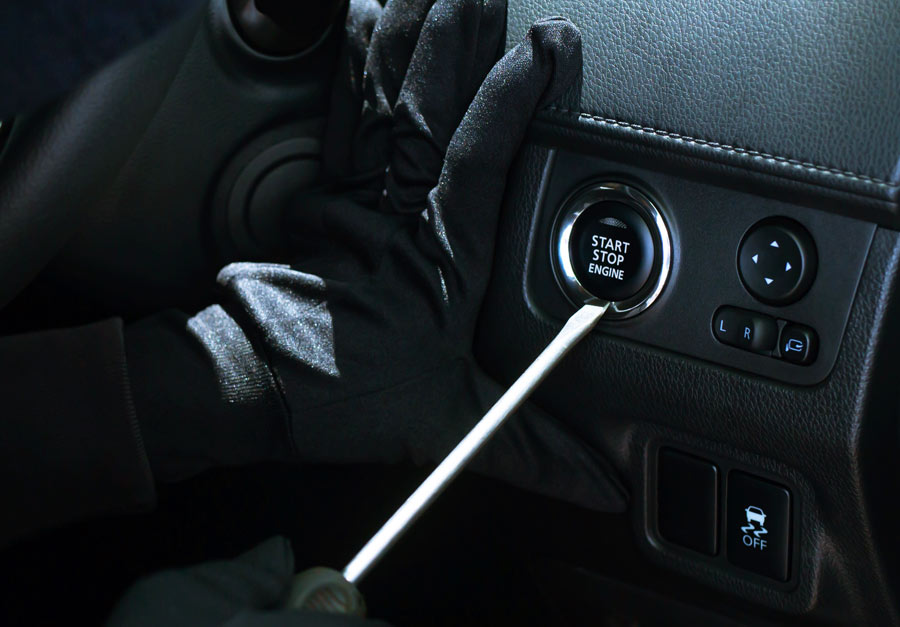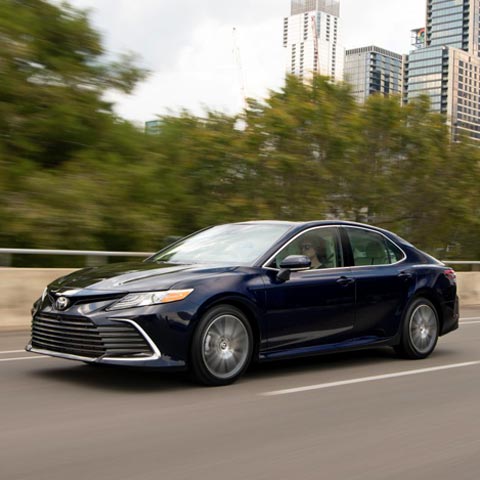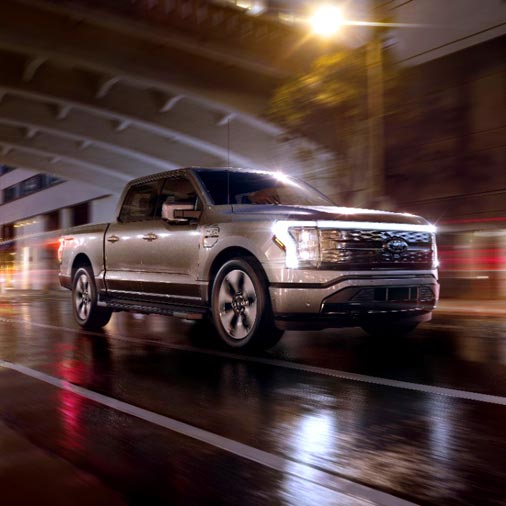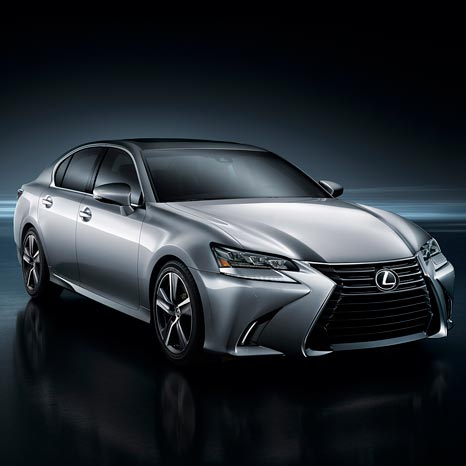What Is Comprehensive Auto Insurance?

We explain what Comprehensive Auto Insurance is and whether it's worth adding to your policy.
Published on January 28th, 2021. Last Updated on .
When it comes to purchasing insurance for your vehicle, there are a couple of different choices that you can get. When selecting your coverage, you will most likely see comprehensive and collision insurance. Knowing the difference between the two can make a huge difference when it comes to what will be covered when you are in an accident.
- What does is it cover?
- What is NOT covered?
- Deductibles & Limits
- Is it full coverage?
- How much does it cost?
- Do you need it?
Comprehensive insurance covers damage done to your car by events that are out of your control. Collision insurance covers damage done by collisions while driving and is the most common insurance coverage. Comprehensive coverage is great if you live or work in a neighborhood where you feel your vehicle may be damaged, vandalized, or harmed by weather or acts of nature. It is going to cost a bit more than your run-of-the-mill collision insurance, but it can easily pay for itself multiple times over if your vehicle suffers a large amount of damage.

What Is Covered By Comprehensive Insurance?
Since it is going to cover damage that is other than collision, it is important to know exactly what this is going to cover. Here is a quick list of the coverages that most comprehensive insurance policies cover.
- Theft - Just about every comprehensive policy is going to cover theft.
- Windshield/Glass Damage - The size of the crack or chip may determine what will be repaired or replaced.
- Trees/Limbs That Have Fallen - During storms or simply due to old age, trees, and tree limbs can fall, posing a huge risk for your vehicle. Having this coverage can help keep your car protected in these instances.
- Rocks/Road Debris From Road Or From Cars - Rocks, debris, and other objects get kicked up or dropped from cars on the roads every day. This can cause damage to your vehicle that is covered by comprehensive insurance.
- Storms Damage - Flooding, hail, wind, lightning, and earthquakes are covered by most comprehensive plans and are a great coverage to have for those who live in areas with frequent severe weather.
- Accidents Involving Animals - Hitting deer or other animals causes serious damage to a vehicle. This damage would be covered.
What Is Not Covered By Comprehensive Insurance?
While it may seem like it covers just about everything, there are certain things that it will not cover. Let’s take a closer look at what comprehensive insurance will not cover.
- Personal Injuries - You will only get coverage for your vehicle. If you are at fault, your health insurance should cover your injuries. If another driver is at fault, their insurance should cover your injuries.
Injuries Endured By Other Drivers - If another driver is involved in the accident, their injuries will not be covered by a comprehensive plan. Their injuries will be covered by the liability insurance if you are at fault.
Hitting Another Car/Object - Hitting another vehicle or object will not be covered, however, it will be covered by collision insurance. This is why it is important to have collision for accidents and comprehensive for things you cannot control.
Deductibles & Limits With Comprehensive Insurance
When purchasing a comprehensive plan, there will be two things you will need to look at to ensure you are getting the best coverage for your budget. These will include the deductible and the limit of your policy.
A deductible is an amount that you will pay out of pocket to have your car repaired with your insurance. For example, if your insurance has a $500 deductible and your repair costs $2,000, you will have to pay $500 and your insurance will pay the additional $1,500.
Each comprehensive policy has a limit, which is the maximum amount the policy will pay for the claim. Usually, this is the current cash value of the vehicle that is covered.
Is Comprehensive the Same as Full Coverage?
The most common term when it comes to automotive insurance is “full coverage”. Full coverage is a term that encompasses a few different insurance plans to give you full coverage on your vehicle. While comprehensive insurance alone does not provide full coverage, when combined with liability and collision insurance, you can ensure you are covered in just about every scenario. This is due to comprehensive covering out-of-control situations, collision covering accidents, and liability covers damage and injuries.
How Much Does Comprehensive Coverage Cost?
According to the National Association of Insurance Commissioners, the national average cost in 2017 was about $160. This varied from state to state and may include discounts and group policies. To get the best answer for your specific cost, you will need to contact your automotive insurance provider for a personalized quote. For most insurance providers, you cannot purchase comprehensive without having collision coverage, and vice versa.
Do You Need Comprehensive Insurance?
One of the biggest questions surrounding this type of policy is “do I need it?”. If you are financing your vehicle, your lender may require it in order to finance your vehicle. This is to protect the investment that has on your vehicle if anything were to happen while you are paying off the vehicle.
Since this insurance policy loses value as your car ages, many people choose to opt-out once it is no longer needed. An easy way to see if you will benefit from having comprehensive insurance, consider your deductible and the cash value of your car. If your deductible is higher than the cash value, your insurance will not pay out in the event you need to use it.
Conclusion
Comprehensive insurance is a great protection plan for the unexpected. If you currently have collision insurance and want additional coverage from theft, storm damage, and other items out of your control, a comprehensive plan can keep your vehicle protected and help you save money on out-of-pocket costs.
Insurance rates can also differ quite a bit between providers for nearly identical coverage. If you've been with your current insurance company for more than a few years then you might be overpaying. Use our Competitive Quote Tool or the tool below to quickly compare rates. While it's free to use, we do receive a small commission if you find a better deal.








